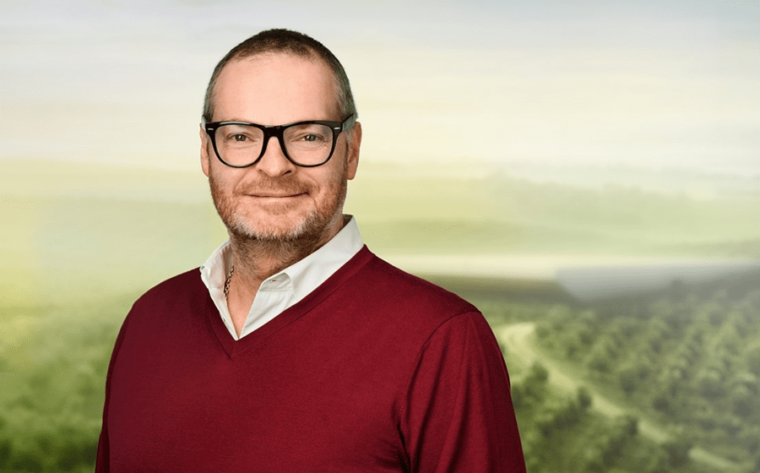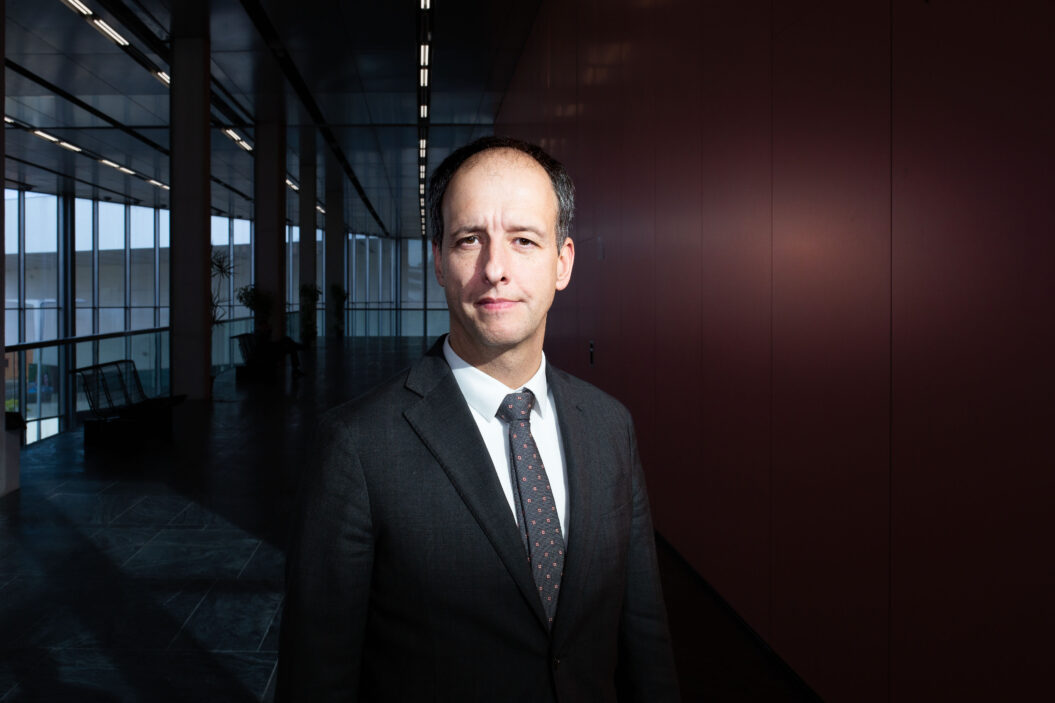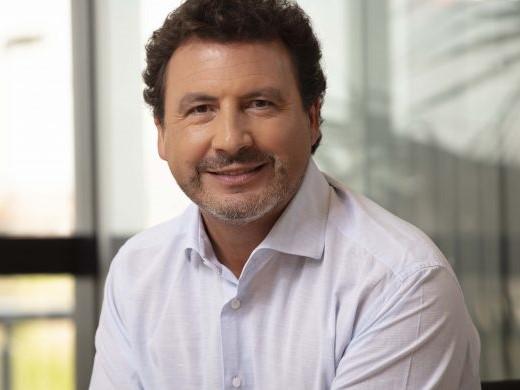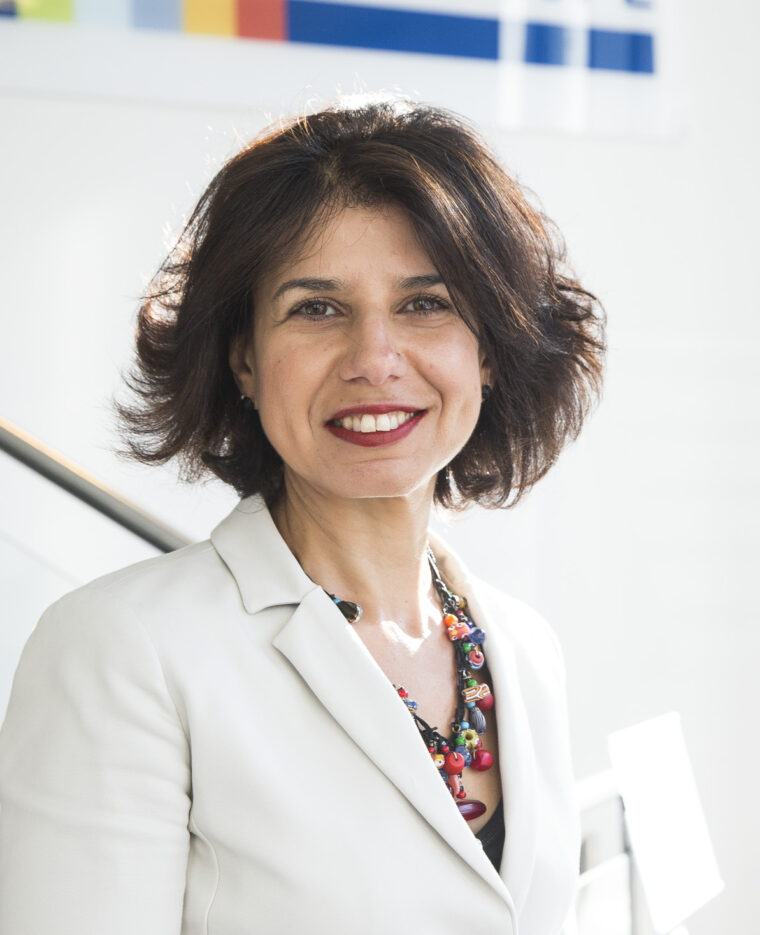“We must make better use of the EU’s opportunities”
Portuguese people who stand out abroad are helping to find out where business opportunities are and what kind of companies and activities the country can attract. An initiative that brings together Negócios and the Portuguese Diaspora Council.
1. What led you to leave Portugal?
I left Portugal when I was still at Instituto Superior Técnico, completing my Aerospace Engineering course. I was curious about studying outside Portugal and took advantage of an Erasmus opportunity at the Technical University of Delft, in the Netherlands, where I completed the course. Then the opportunity arose to stay a little longer and also do a master’s degree at the Dutch university in collaboration with industry. Shortly after, I did an internship at Airbus in Germany – then I had my first job, and I stayed there.
2. What advantages or disadvantages does being Portuguese bring you?
As I have always been in European Union countries, being Portuguese never brought me any advantages or disadvantages while I was in the private sector – the free movement of people within the European Union significantly increases opportunities. Furthermore, my sector of activity, space, is international in nature, as almost all projects are the result of cooperation between different countries and international companies. It has always been natural to work with colleagues from all over Europe and also with companies from other continents.
Later, when I moved to the public sector, to work at the European Union agency for the Space Program, coordination with the Portuguese authorities – in Portugal and Brussels – was and continues to be fundamental in everyday life.
3. What obstacles did you have to overcome and how did you do it?
The biggest obstacle – but also the biggest opportunity – that I had to overcome in my career was the constant need for mobility between cities and countries in the European Union. As I built my career at European level, I ended up changing cities and countries quite frequently. This itinerancy has advantages and disadvantages, from a personal and professional point of view. From a personal and family point of view, I always had the support of my family, and so this mobility at a certain point became more of a way of life than an obstacle.
4. What do you admire most about the country where you are?
At the moment, I’m in Czechia, after passing through the Netherlands, Germany, Italy and France. Czechia is a country of similar size to Portugal, with some similarities, but also with significant differences: cultural, geographical and historical. From an economic point of view, it is a major exporter, especially in the automotive sector, benefiting from its geographic and cultural proximity to other central European countries, particularly Germany. In Czechia, I admire, in particular, the dynamism and entrepreneurship, that is, the ability to adapt to new opportunities, which results in strong economic growth, almost non-existent unemployment, and social inequality much lower than most European Union countries.
5. What do you most admire about the company or organization where you work?
Working for the European Union means contributing to the construction of the European project, which, at times, may seem distant to us, but which is permanently present in our daily lives. A very important part of each Member State’s legislation – the “rules of the game” – is made at European Union level, which makes us a very relevant economic and social bloc in the world. And this also allows us to guide the development of fundamental areas for the future of humanity, in sectors as diverse as combating climate change, artificial intelligence, social networks, or data protection, among others.
Heading the European Union Agency for the Space Program (EUSPA) means having increased responsibilities in implementing the Galileo program, the world’s most accurate satellite navigation system, and the Copernicus program, the world’s most complete Earth observation system. The European Union’s space activities bring tangible benefits to our society and our economy, and every citizen uses – perhaps without realizing it – satellite data in the simplest tasks: such as when consulting a weather forecast or when using the navigation system on a daily basis. car. Furthermore, given the importance of spatial data for our security forces, for example in the management of natural disasters or emergencies, working at EUSPA also contributes to the security of European Union citizens.
6. What recommendations would you give to Portugal and its entrepreneurs and managers?
Without a doubt, make the most – even more – of the opportunities we have as a member of the European Union. In my daily life, I still see that there could be many more Portuguese companies and entrepreneurs competing directly for European Union opportunities in the most diverse business sectors. In my area, the space sector, this is quite visible, because although we already have some companies and universities competing for funding opportunities, there is still a lot to explore. Two good examples for me are the benefits that spatial data can bring to the maritime economy and territorial management. Another aspect is linked to supporting startups and entrepreneurs. The European Union has created several incentives for European startups in many business areas – and also for companies that use spatial data in different sectors. Perhaps it would be interesting for accelerators and incubators established in Portugal to seek partnerships with the European Union.
However, the most important opportunity is to be members of a single market that runs from Lisbon to Helsinki, and which is the largest single market in the world, with around 500 million people. Because they are subject to similar rules, Portuguese companies can and must compete in this market, and to do so they must (continue to) innovate and increase their competitiveness.
7. In which sectors of the country where you live could Portuguese companies find customers?
Czechia’s economy is heavily focused on the automotive sector and heavy industry in general. As Portugal has achieved a relevant role in this sector in recent years, there are opportunities for Portuguese suppliers with the capacity for innovation and competitiveness. At the moment, Czechia is “discovering” Portugal, as the number of Czech tourists in Portugal has continually increased, and at the moment it is already quite significant. This can create business opportunities in many areas besides tourism, such as agriculture and food, retail, etc.
8. In which sectors in Portugal could companies from the country where you live want to invest?
Czechia is currently seeking to diversify its export markets. As Portugal has historical and linguistic ties with Africa and South America, this may generate interest among Czech businesspeople to invest in Portugal.
9. What is the competitive advantage of the country you live in that could be replicated in Portugal?
In my opinion, Czechia’s greatest competitive advantage is, without a doubt, the export vocation of its entire economy, whether in the area of services or industry. I believe that it was this focus on exports, together with high levels of education, that allowed for enviable economic growth in the last two decades. For example, Czechia is one of the few countries in the world that has a positive trade balance with Germany, as it exports more than it imports from this important market. With the intra-European market as its main client, Czechia benefited significantly from joining the European Union in 2004 – to such an extent that it will probably soon move from a receiving country to a paying country within the Union.
10. Are you thinking of returning to Portugal? Why?
I return to Portugal with some regularity, but always for a short visit. I definitely think about returning to Portugal permanently, but not for now, as I still have a lot to do in my current position. Therefore, at this moment my contribution is made remotely.






